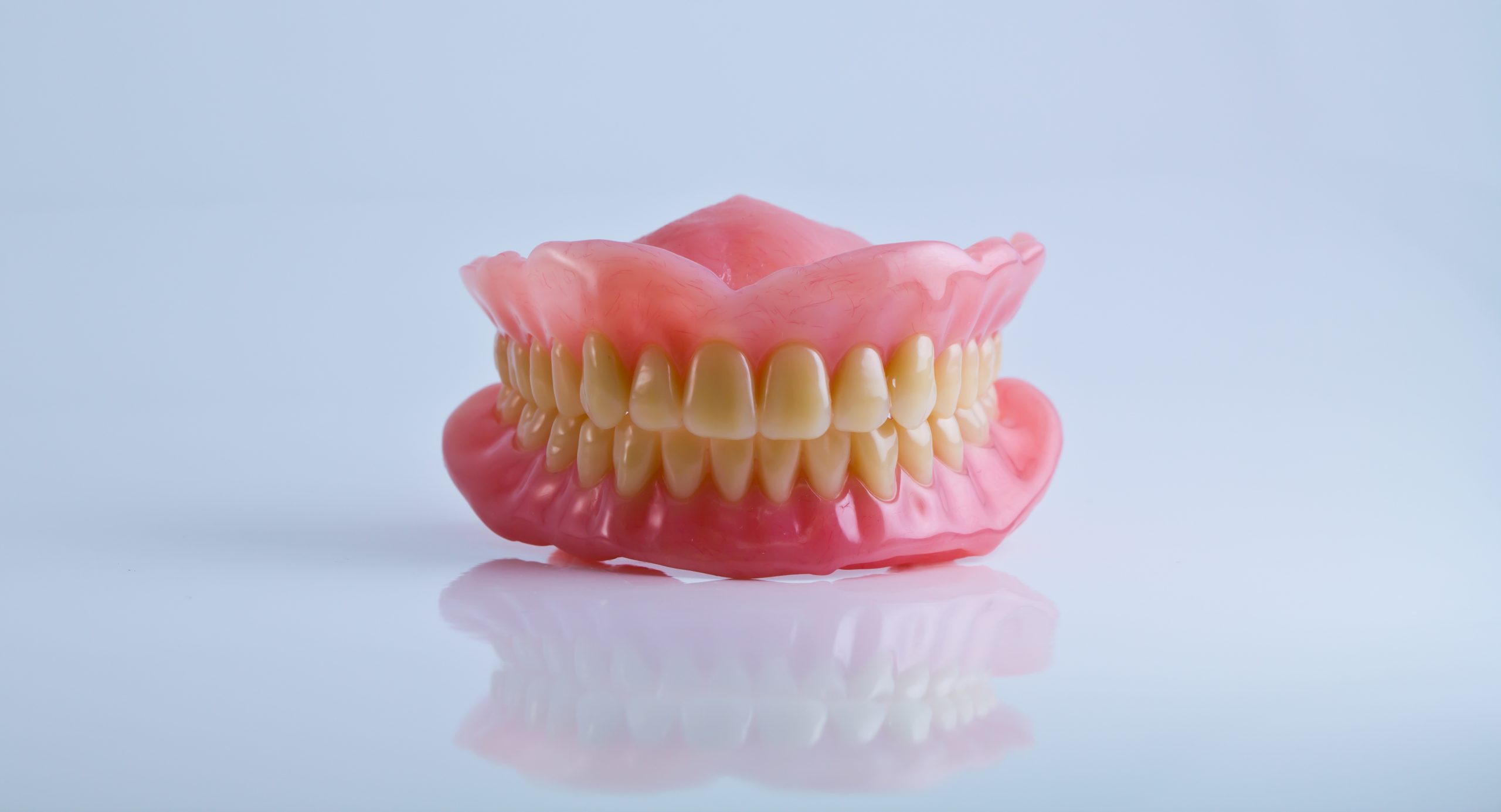Removable dentures are dentures that can be worn and removed by the patient, also called dentures among our patients. They are used to rehabilitate lost tooth gaps in patients who have lost some or all of their teeth in order to restore both aesthetics and functions such as eating and speaking.
These prostheses, which are losing their popularity with the development and widespread use of implant treatments today, are preferred in cases where implant surgery is not suitable or in patients who do not favor long-term implant treatments; They are preferred in terms of replacing lost tooth tissues and relatively low cost.
How are prosthetic teeth produced?
It takes two or three sessions after the first impression. After the delivery of the prosthesis, our patient is given an appointment for denture, oral care and usage controls. With the training given during these checks, the patient is ensured to be able to put on and take off the prosthesis correctly and to clean it.
How to care for removable prosthetic teeth?
We recommend that our patients remove their dentures and clean them with a brush and clear water before going to bed at night. In this way, the oral tissues will be relaxed during the night. Using the prosthesis without removing it at all may cause the formation of fungus in the mouth and may adversely affect the cleanliness and health of other teeth in the mouth.
Is it possible to repair them if they are damaged?
Over the years, as the jawbone and soft tissues in the mouth change, the prosthesis may lose its harmony or fractures or cracks may occur for other reasons. In such cases, if appropriate, it can be repaired by taking a simpler measurement from the first construction stage. Lining or feeding can be applied to prostheses that have lost their harmony with the jawbone and soft tissues.
However, it would be more appropriate to renew very old and worn prostheses instead of repairing them. It is known that acrylic materials used in the construction of such prostheses release carcinogenic ingredients such as monomers if used for many years. For this reason, it is more appropriate to renew acrylic prostheses that have been used for 10 years.
Advantages of removable dental prostheses
- Ease of cleaning and maintenance
- Can be done in a short time
- Low cost
- Ease of repair
- Ease of use for some patients
Disadvantages of removable dental prostheses
- May not be easily adopted by the patient.
- May not be aesthetic.
- It may cause damage by applying mechanical force to the teeth and surrounding tissues.
- It may move and disturb the patient during speaking and chewing.




